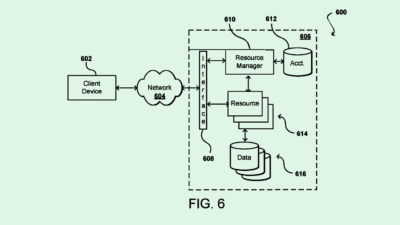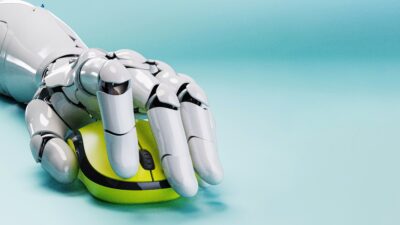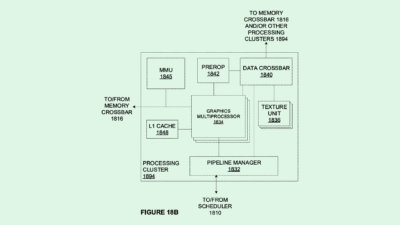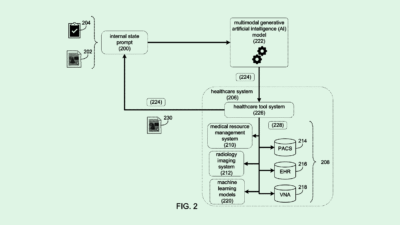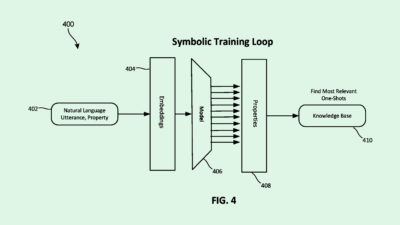Salesforce Layoffs Add Fuel to AI Job-Automation Fire
With many workers in a state of uncertainty, ‘ignoring those fears risks disengagement and turnover,’ one expert said.
![Salesforce founder and CEO Marc Benioff speaks during the grand opening of the Salesforce Tower, the tallest building in San Francisco, Calif., Tuesday, May 22, 2018. (Karl Mondon/Bay Area News Group/TNS) (Newscom TagID: krtphotoslive835493.jpg) [Photo via Newscom]](https://www.thedailyupside.com/wp-content/uploads/2025/09/krtphotoslive835493-scaled.jpg)
Sign up to get cutting-edge insights and deep dives into innovation and technology trends impacting CIOs and IT leaders.
As agents become more powerful, tech giants might be choosing your AI coworkers over you.
Last week, Salesforce laid off roughly 4,000 employees from its customer support division while the company goes all-in on AI-powered automation. CEO Marc Benioff said the division “needs less heads” as AI agents become more capable of handling customer support tasks.
The move follows similar cuts by other large tech firms, including Microsoft, which slashed just over 40 employees this week, marking its fifth consecutive month of layoffs. Fintech firm Klarna and language app Duolingo also both reduced headcount in favor of AI.
As it stands, the jobs that are facing the highest impact are those involving “repetitive, rules-based tasks,” said Keith Spencer, career expert at AI resume service Resume Now:
- A recent survey conducted by Resume Now found that 44% of workers expect AI to automate at least some portion of their job by the end of the decade, with tasks like customer service, data entry and administrative support first up on the chopping block.
- “By contrast, roles that rely on creativity, complex problem-solving or emotional intelligence are harder to automate,” Spencer said. Jobs in healthcare, education and leadership, for example, are more insulated, as “empathy and nuanced judgment are central.”
The trend leaves many workers in a state of uncertainty, said Spencer, and “ignoring those fears risks disengagement and turnover.” Resume Now’s survey found that 89% of workers reported feeling concerned about job security. Workers reported fears around AI over-reliance, difficulty in reskilling, a lack of accountability for AI-driven decisions and workplace dehumanization and surveillance.
A lack of transparency from leadership “feeds anxiety and speculation,” said Spencer, as more than half surveyed said that their employers were only “somewhat transparent” about their AI plans. It’s why communication and AI training and upskilling the roles that AI can’t replicate are vital for both enterprises and workforces.
“Employers who involve workers early, explain how AI will change specific roles, and offer training to complement new tools can strengthen trust,” said Spencer.
And despite the hype, don’t assume that AI can do it all, he said. “AI is already reshaping jobs, but its capabilities are uneven,” Spencer noted. “Employers who assume AI can fully replace people will run into limitations.”

